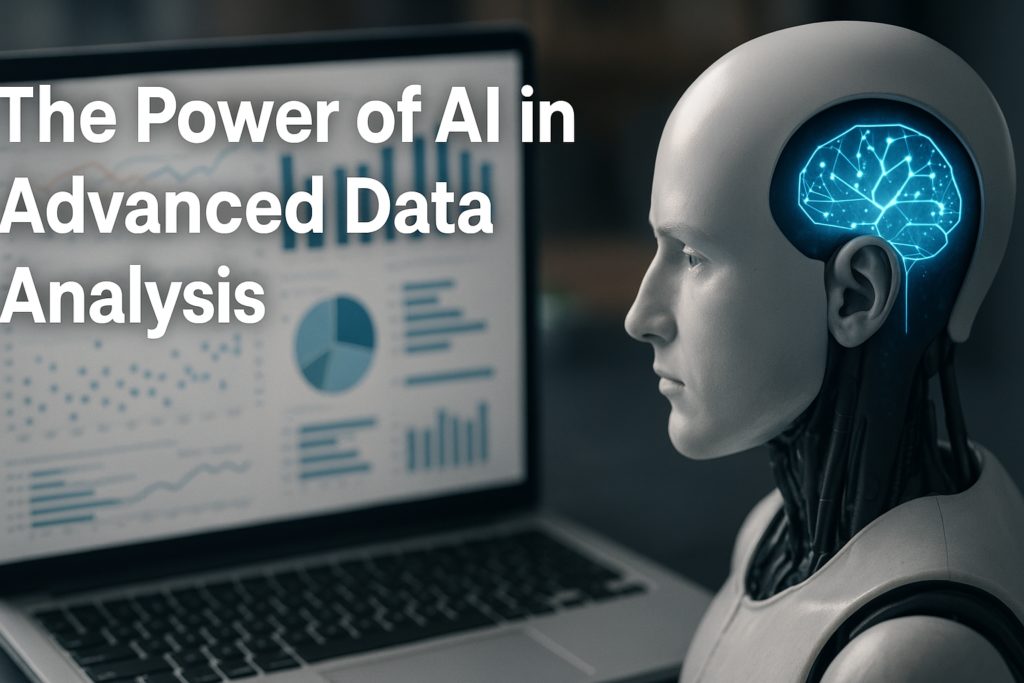
Artificial intelligence (AI) is revolutionizing how we process and understand complex information, providing unprecedented insights across various domains. In this article, we’ll explore the remarkable capabilities of AI in transforming data analysis and predictive modeling.
Personalized Predictive Insights
One of the most significant advantages of AI systems is the ability to generate customized predictive models. Advanced algorithms can analyze massive datasets to identify nuanced patterns specific to individual contexts. Rather than relying on generic analysis, AI can study historical data and multiple metrics to provide highly tailored recommendations. This personalization ensures that predictive models become increasingly refined and accurate over time.
Enhanced Predictive Accuracy
Advanced AI algorithms leverage machine learning techniques to continuously improve forecasting capabilities. These systems can process extensive datasets encompassing historical statistics, real-time changing variables, diverse information sources, and complex environmental factors. Human analysts simply cannot compile and analyze such intricate and vast amounts of data simultaneously.
AI can identify complex interconnections and trends that might remain invisible to human researchers. As these systems ingest more data, their predictive capabilities become increasingly sophisticated, leading to more informed decision-making across multiple domains.
Automated Data Processing
Efficient data analysis requires speed and precision. AI tools allow for complete automation of complex analytical processes. Systems can monitor and analyze live data streams across multiple sources, detecting emerging patterns and opportunities in real-time. Some platforms enable custom rules and strategies to be configured, allowing for autonomous data processing based on specific parameters.
Access to Advanced Statistical Models
Generating consistent, reliable insights requires robust statistical models that calculate probabilities beyond simple estimations. Many advanced organizations utilize complex simulations with extensive datasets and variables. While individual researchers might struggle to develop such sophisticated models, AI tools provide access to highly refined analytical techniques.
These could include advanced methodologies such as neural networks, regression analysis, Monte Carlo simulations, and other complex computational approaches. This level of statistical insight far exceeds traditional analytical capabilities.
Minimizing Human Cognitive Biases
Data analysis often suffers from cognitive biases and subjective interpretations. AI eliminates human psychological limitations by objectively weighing statistical probabilities. Algorithms assess data through purely objective lenses, removing emotional or intuitive influences that might skew analysis.
Democratizing Advanced Analytics
AI services now provide individual researchers and smaller organizations access to insights previously exclusive to large, well-resourced institutions. These AI systems can leverage sophisticated modeling techniques previously available only to teams of data scientists and analysts, effectively leveling the analytical playing field.
Platforms like NetBet Sport demonstrate how diverse industries are integrating AI to enhance their analytical capabilities.
Conclusion
AI represents a transformative technology that enables unprecedented depth and accuracy in data analysis. By leveraging machine learning, advanced statistical modeling, and automated processing, AI provides powerful tools for understanding complex systems and making more informed decisions.



















